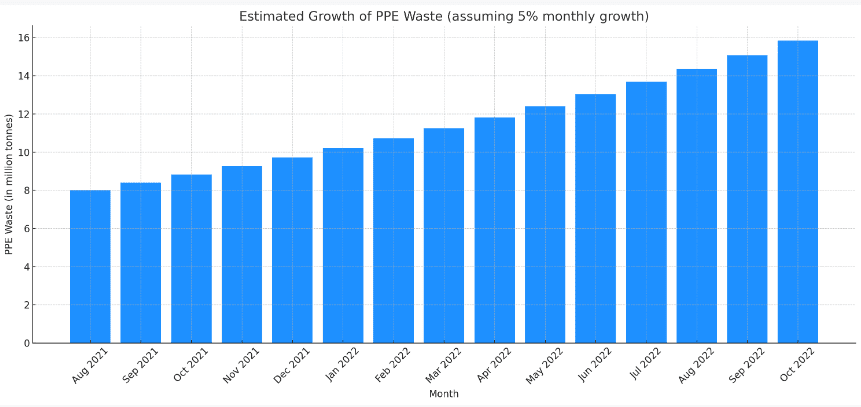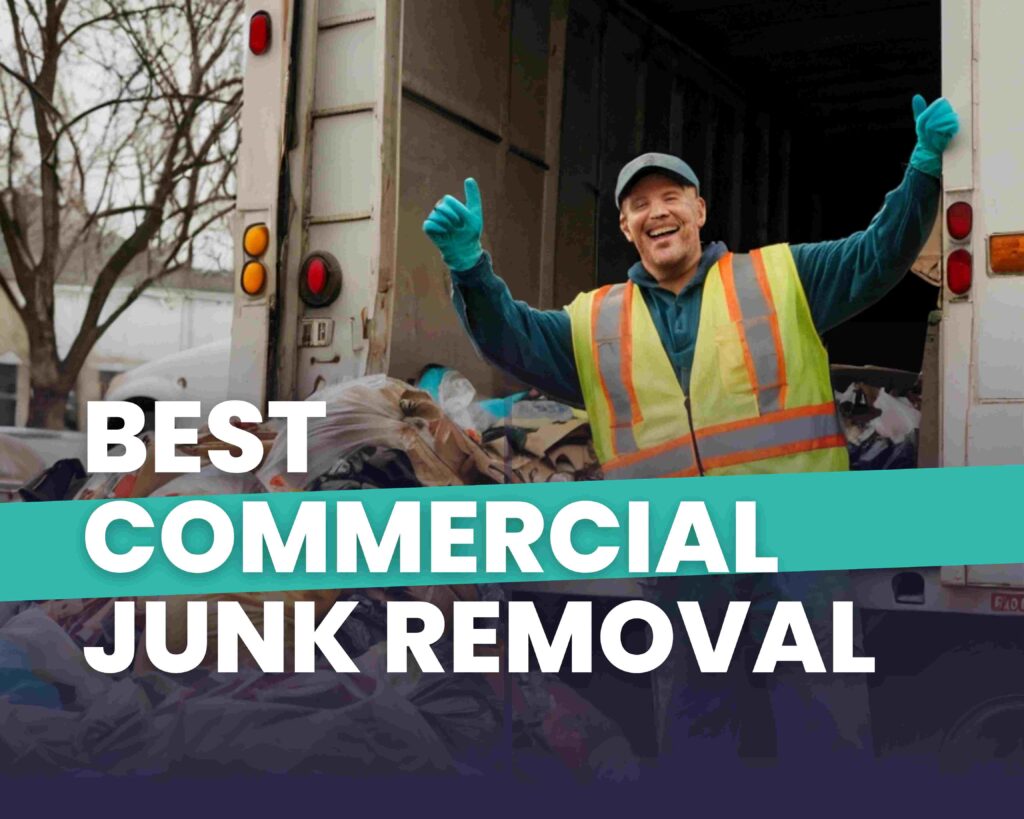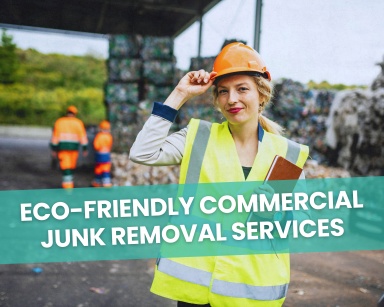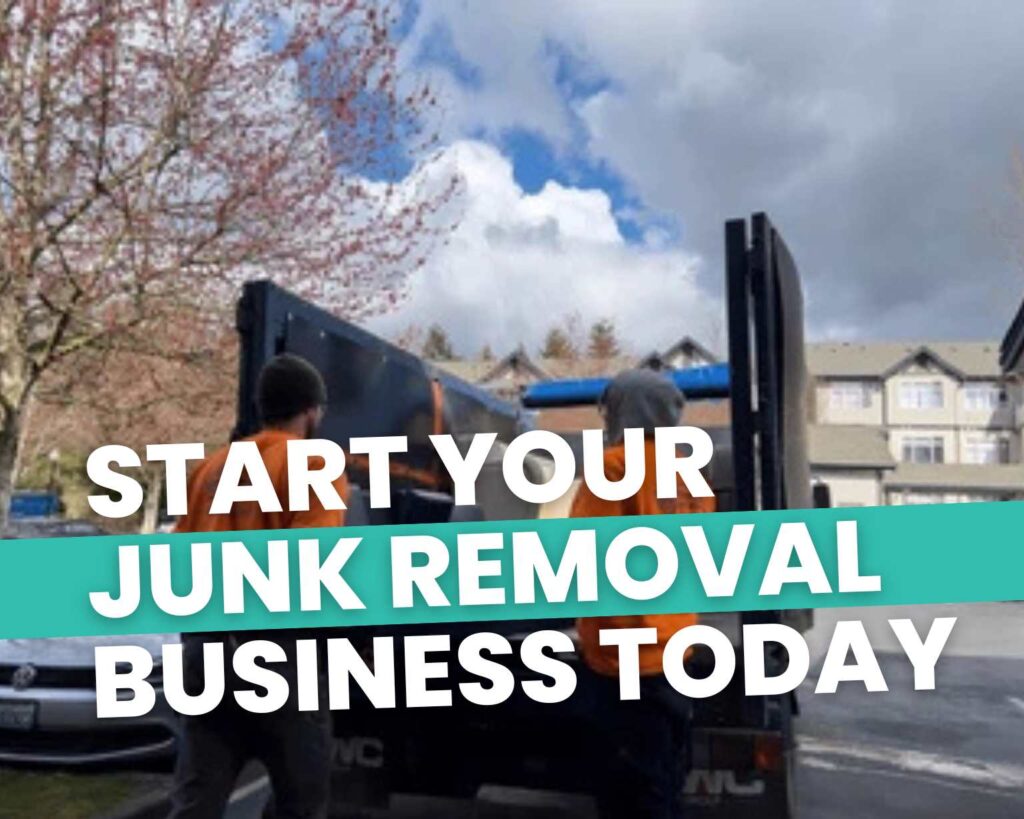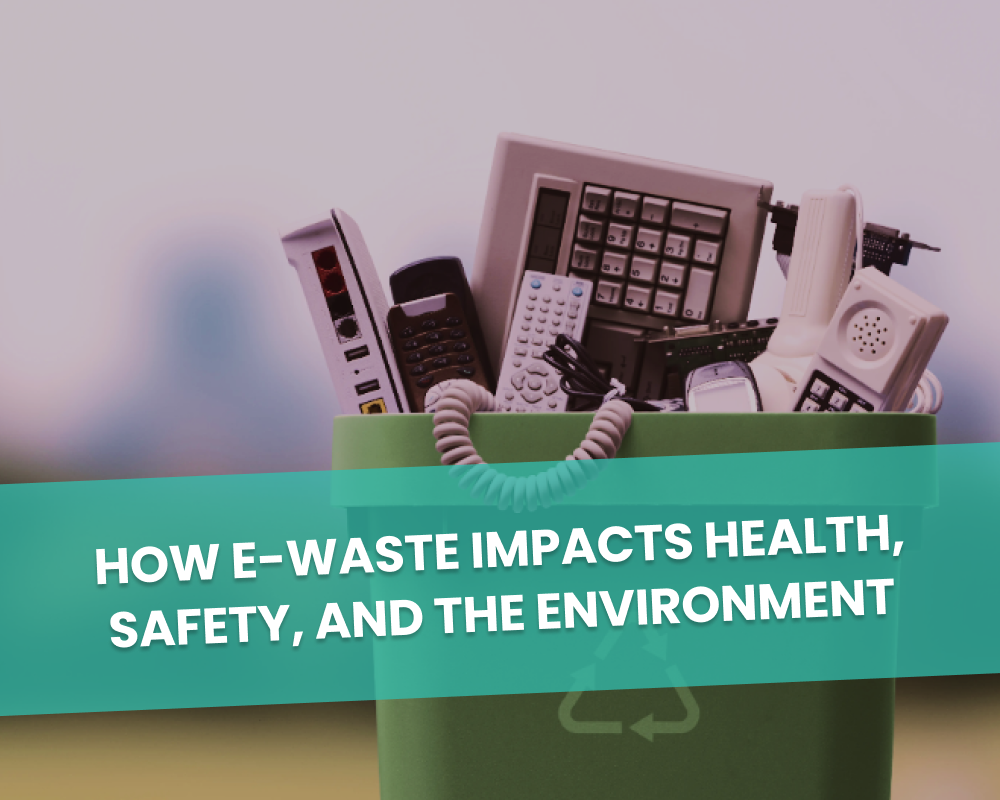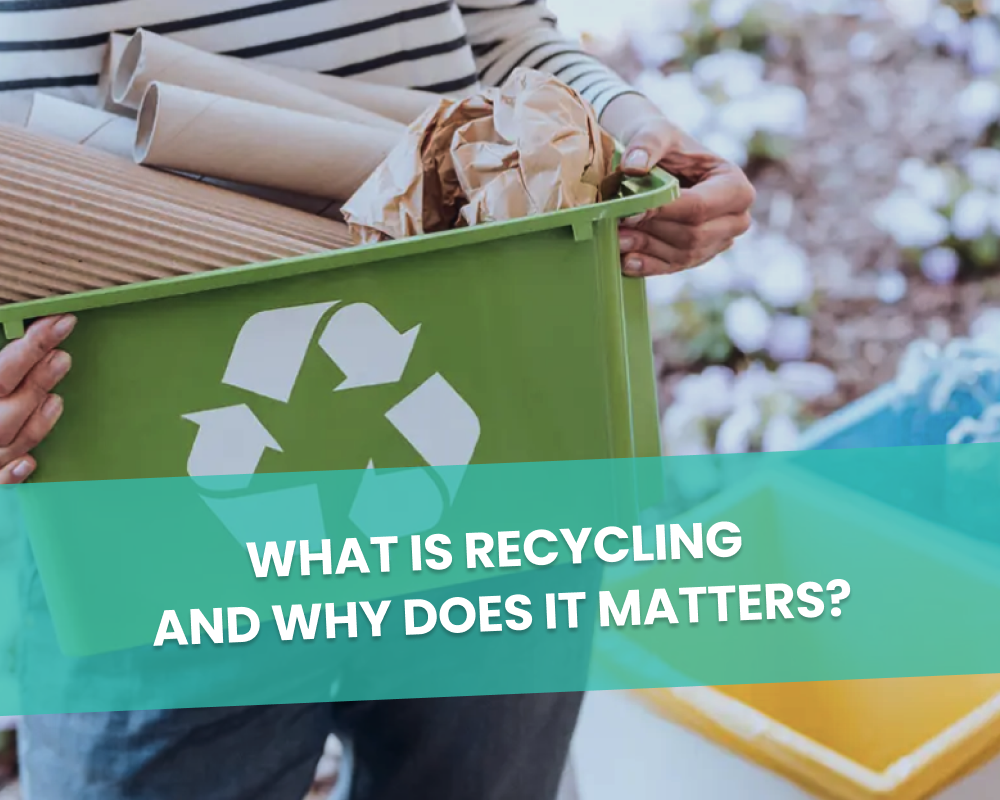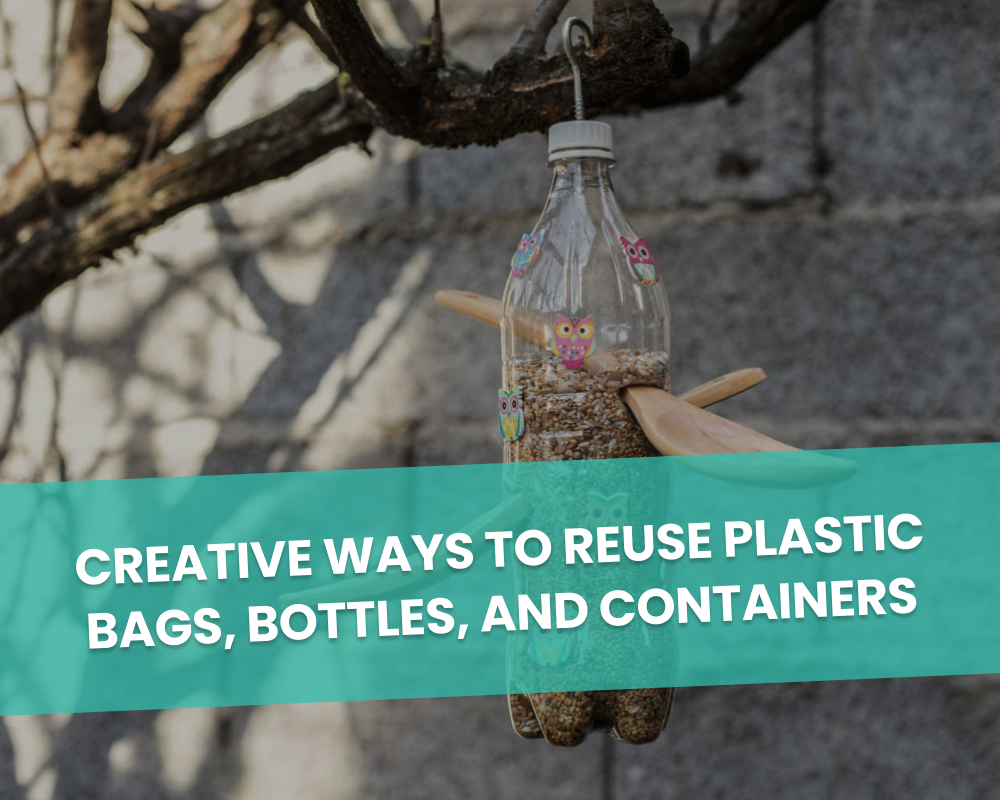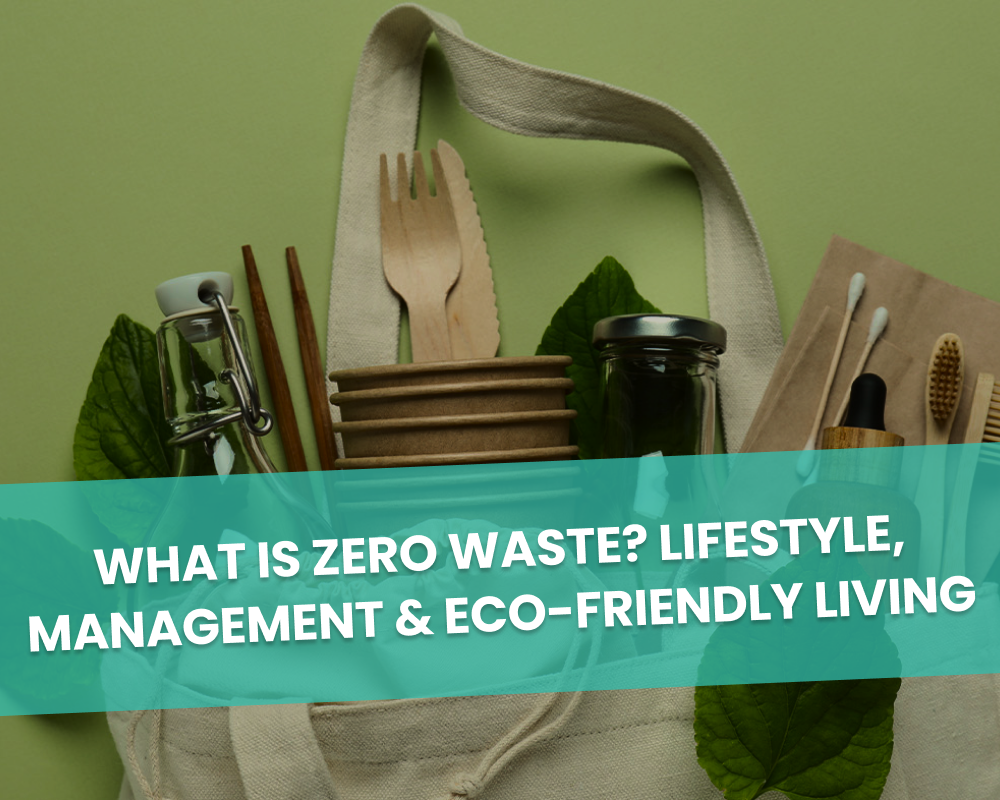What is Disposal in PPE? Unveiling the Hidden Layers
During the COVID-19 pandemic, the world found solace and protection in Personal Protective Equipment (PPE). But as the tides of the pandemic gradually recede, we’re left grappling with a new, formidable wave: a surge of PPE waste. This isn’t merely about the challenges of PPE disposal, it’s a broader crisis intertwining public health, environmental safety, and ethical disposal practices.
A staggering 8 million tonnes of pandemic-associated plastic waste was generated by 193 countries as of August 2021, and the numbers have only been climbing since.
This isn’t merely a matter of overflowing landfills but a burgeoning crisis that intertwines public health, environmental safety, and ethical disposal practices.
Table of Contents
The Hidden Dangers of Improper PPE Disposal:
The aftermath of PPE usage isn’t just a matter of clutter, it’s a ticking time bomb for contamination and environmental degradation. Discarded PPE, if not managed meticulously, can become breeding grounds for pathogens, thereby posing a significant threat to public health.
Moreover, the environmental impacts are far-reaching, with PPE waste infiltrating our soil and water, disrupting ecosystems, and presenting a formidable challenge to our waste management systems.
- Contamination Risks: The potential for PPE to harbor harmful pathogens is a critical concern, especially in the context of a global pandemic.
- Environmental Impacts: The infiltration of PPE waste into natural ecosystems disrupts biodiversity and poses long-term threats to flora and fauna.
- Economic Implications: Ensuring regulatory compliance in PPE disposal is not only ethically sound but also pivotal in avoiding financial repercussions in the form of penalties.
The Lesser-Known World of PPE:
PPE, often simplified to masks and gloves in public discourse, is a vast category of protective gear, each with its unique disposal challenges. From specialized clothing and helmets to safety goggles and respirators, PPE has been a shield against potential health and safety risks across various industries, including healthcare, construction, and manufacturing.
- Beyond the Basics: Understanding the diverse range of PPE is pivotal in devising effective disposal strategies.
- The Industries at Risk: The sectors heavily reliant on PPE are now at the forefront of navigating the complexities of ethical and safe disposal.
The Traditional Disposal Methods: Why They Don’t Work:
Despite the conventional methods of disposal and recycling, the sheer volume and specific material composition of PPE, particularly non-woven polypropylene, present unique challenges. The myth of recycling as a one-size-fits-all solution crumbles in the face of PPE waste, which often ends up in landfills, contributing to environmental degradation.
- The Myth of Recycling: The material and contamination risks associated with PPE make recycling a complex and often non-viable option.
- The Hygiene Factor: Ensuring that PPE is disposed of without becoming a contamination risk is a significant challenge that demands meticulous handling and processing.
Beneficial Reuse: The Future of PPE Disposal:
Beneficial reuse emerges as a beacon of hope amidst the PPE disposal crisis. It’s not merely a disposal strategy but a means of transforming potential waste into a resource, particularly for underprivileged communities. By donating PPE instead of discarding it, we can weave a tapestry of sustainability, community support, and ethical responsibility.
This is where Happen Ventures shines. Their approach to PPE disposal is not just about getting rid of waste but about giving back. By repurposing surplus PPE products and donating them to communities in need, they’re not only reducing waste but also making a positive impact on society.
- What is Beneficial Reuse?: A paradigm shift from disposal to donation, turning potential waste into valuable resources for communities.
- Community Donations: Transforming excess PPE into a lifeline for communities, providing them with essential protective gear.
- The Environmental and Social Benefits: This approach not only curtails waste but also fortifies community resources, fostering a symbiotic relationship between businesses and society.
Case Study: The Power of Beneficial Reuse in Action:
In Puerto Rico, a warehouse teeming with unwanted sanitizer transformed from a storage burden into a beacon of hope for local charities and organizations. Instead of being discarded, the sanitizer was donated, providing essential hygiene products to those in need and exemplifying the profound impact of beneficial reuse.
Making the Shift: How Businesses Can Adopt Beneficial Reuse
The transition to beneficial reuse is not merely an environmental decision but a holistic approach that intertwines regulatory compliance, economic prudence, and ethical responsibility. By aligning with beneficial reuse, businesses can navigate the complexities of PPE disposal while contributing positively to communities and the environment.
- Regulatory Compliance: Ensuring that PPE disposal aligns with legal guidelines while also contributing positively to societal well-being.
- The Economic Benefits: Beyond ethical and environmental impacts, beneficial reuse also offers economic advantages in the form of tax deductions, presenting a multifaceted benefit.
Conclusion: A Call to Ethical and Sustainable Action
The PPE disposal crisis demands more than conventional solutions, it calls for a collective, ethical, and sustainable approach. Beneficial reuse stands out as a strategy that not only addresses the disposal dilemma but also weaves a narrative of community support, sustainability, and ethical responsibility. It’s time to ride the wave of beneficial reuse, navigating through the PPE disposal crisis towards a horizon of sustainability and community upliftment.

